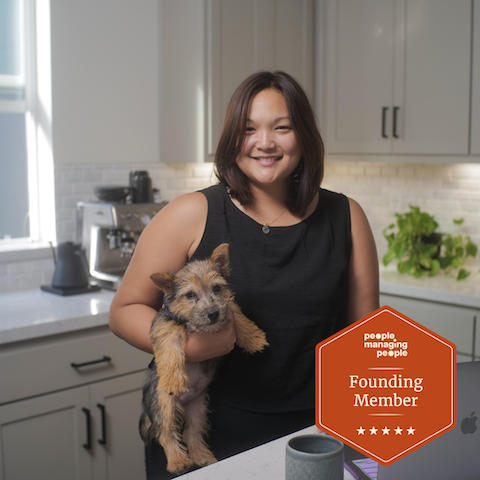Creative Benefits to Attract & Retain Top Talent

How do you create a benefits package that truly stands out? Traditional benefits like health insurance and retirement plans are essential, but aren’t sufficient to differentiate you when trying to recruit top talent.
Our panel event, “Creative Benefits to Attract & Retain Top Talent,” addresses this challenge by exploring innovative employee benefits for you to consider for your own organization. Our panel of leading voices in HR and People Ops will discuss unique incentives that resonate with today’s workforce.
You’ll be hearing from:
- Cara Barnes, Founder of Good Carma Consulting
- Tara Henning, Founder of Superkin
- Aubrey Varraux, Corporate Benefits Director at Centra Health
Join us to gain insights into transforming your benefits package into a powerful tool for attracting and retaining high-caliber candidates, boosting employee satisfaction, and enhancing loyalty.
Free Community Content
Join the community to access this content. Already have an account? Use the link below to login.
Have an account? Login



